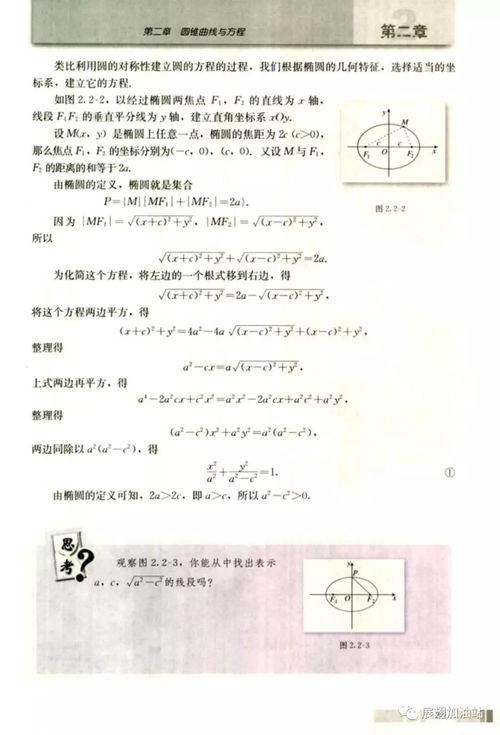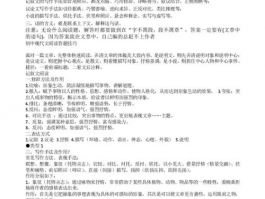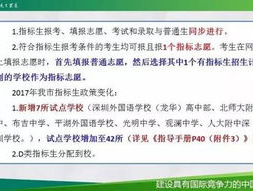Why Understanding 高中数学 (High School Mathematics) is Crucial for Academic Success

Understanding 高中数学 (High School Mathematics) is essential for excelling academically and for applications in various real-life scenarios. It forms the foundation of critical thinking, problem-solving skills, and analytical reasoning. As students progress through high school, they encounter increasingly complex mathematical concepts that require a firm foundation in basic arithmetic, algebra, geometry, and calculus. This isn't just about passing exams; it's about developing skills that are applicable in various professional fields such as engineering, data science, economics, and technology.
In 高中数学, students are introduced to advanced topics such as trigonometry, statistics, and probability. These concepts are integral not just for academic purposes, but they also play a significant role in everyday problem-solving and decision-making tasks. For instance, understanding statistics is crucial for interpreting data trends in business reports, while geometry is essential in architecture and design. As such, a solid grasp of 高中数学 is a vital skill that students can carry forward into their future careers.
Moreover, 高中数学 helps in developing cognitive skills such as logical reasoning and abstract thinking. Engaging with complex problem sets encourages students to think critically and creatively, which is beneficial in both academic and real-world contexts. Hence, it is evident that investing time and effort in mastering 高中数学 can lead to innumerable benefits, making it a cornerstone of secondary education.
Key Areas in 高中数学: The Building Blocks of Mathematical Understanding
高中数学 is divided into several key areas, each focusing on different aspects of mathematics. Algebra is one of the most fundamental areas, where students learn about variables, equations, and functions. This area serves as the foundation for more advanced topics such as calculus and linear algebra. Students begin with linear equations and inequalities and gradually progress to quadratic equations, exponential functions, and logarithms.
Geometry, another critical component of 高中数学, involves the study of shapes, sizes, and properties of spaces. It includes learning about points, lines, angles, surfaces, and solids. Students also explore theorems and proofs, which help them in enhancing their logical reasoning and problem-solving skills. Trigonometry, a subset of geometry, focuses on the relationships between angles and sides of triangles, and its applications are vast, ranging from physics to engineering.
Calculus is typically introduced in the later years of high school and involves the study of change and motion. It introduces students to the concepts of limits, derivatives, and integrals. This area of 高中数学 is essential for those who plan to pursue careers in science, technology, engineering, and mathematics (STEM) fields, as it provides the tools for modeling and solving complex problems.
Finally, statistics and probability are vital areas that involve the collection, analysis, interpretation, and presentation of data. These topics help students understand and measure variability and uncertainty, which is crucial for making informed decisions based on data. Understanding these areas provides a well-rounded mathematical education, equipping students with the necessary skills for various professional fields.
Study Tips for Mastering 高中数学 (High School Mathematics)
Success in 高中数学 requires a combination of strategic studying, consistent practice, and a solid understanding of fundamental concepts. One key tip is to focus on understanding rather than memorizing. Mathematical concepts build on each other, so having a strong grasp of the basics is imperative for tackling more complex problems. Revisiting earlier topics and ensuring a clear understanding can help in making connections to newer concepts.
Another important tip is regular practice. Mathematics is a subject where practice truly makes perfect. Solving different types of problems helps in reinforcing concepts and improving problem-solving speed and accuracy. Utilizing various resources such as textbooks, online tutorials, and interactive apps can provide diverse practice opportunities and aid in better understanding.
Working in study groups can also be beneficial. Discussing problems and solutions with peers can provide new insights and different perspectives, making it easier to grasp difficult concepts. Similarly, seeking help from teachers or tutors when struggling with specific topics can prevent misunderstandings and gaps in knowledge.
Lastly, time management and organization are crucial. Creating a study schedule that allocates regular time for practicing 高中数学 can lead to steady progress and prevent last-minute cramming. Breaking down study sessions into focused, manageable chunks can prevent burnout and make the learning process more effective.
Questions and Answers
Q1: Why is 高中数学 important for students?
A1: 高中数学 is important because it builds critical thinking, problem-solving skills, and analytical abilities. It is also foundational for various professional fields and real-life applications.
Q2: What are the key areas covered in 高中数学?
A2: The key areas in 高中数学 include algebra, geometry, trigonometry, calculus, and statistics and probability. Each area focuses on different aspects of mathematics essential for academic and professional success.
Q3: How can students improve their understanding of 高中数学?
A3: Students can improve their understanding by focusing on grasping fundamental concepts, practicing regularly, utilizing diverse resources, joining study groups, seeking help when needed, and managing their study time effectively.
Q4: What role does regular practice play in mastering 高中数学?
A4: Regular practice is crucial as it helps reinforce concepts, improves problem-solving speed and accuracy, and ensures a deeper understanding of mathematical principles.
Q5: Why should students focus on understanding rather than memorizing 高中数学 concepts?
A5: Focusing on understanding rather than memorizing helps in making connections between different concepts, applying them effectively in various contexts, and ensuring long-term retention of mathematical principles.









